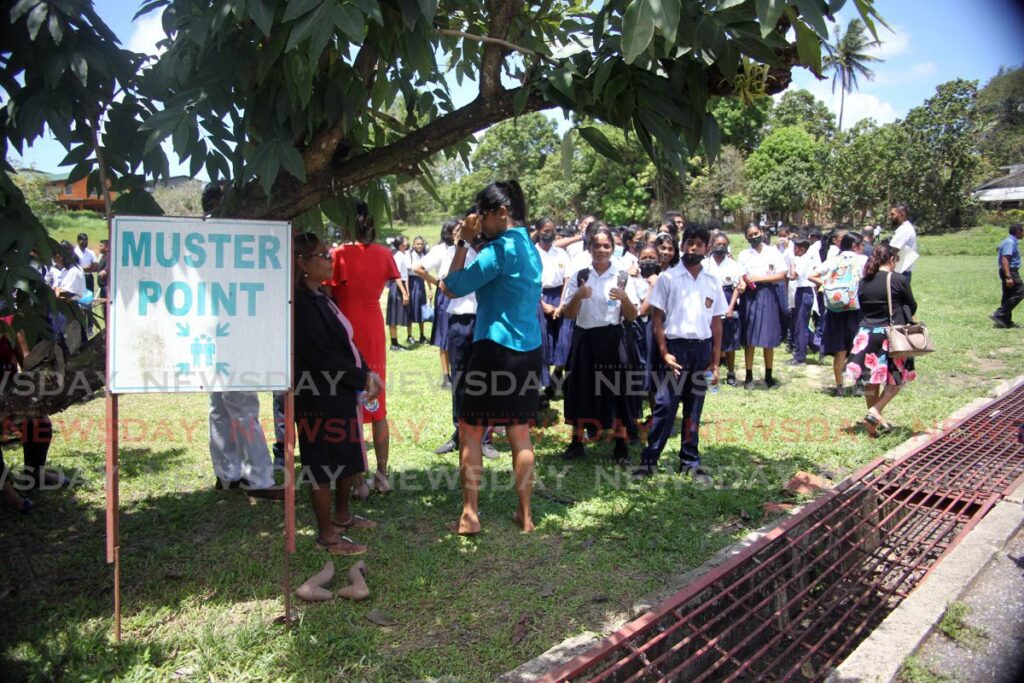Intimidation by e-mail

The mass e-mailing of bomb threats to more than 55 schools across the country on Friday was a textbook act of terrorism, inciting disorder and intimidation through a threat to civilian lives and public safety.
National Security Minister Fitzgerald Hinds was wrong to try to diminish the effect of Friday's school shutdowns.
The action led to the shutdown of secondary schools, primary schools and early childhood care facilities in Trinidad – including those that closed as a precaution although they did not receive the e-mail – and all nine secondary schools in Tobago after eight schools there received the threatening e-mails.
Beyond the disruptions, planned CSEC oral examinations were rescheduled and police officers, supplemented by bomb sniffing dogs, were called in to investigate schools.
That exercise continued into Friday afternoon.
Mr Hinds may be correct that the confusion might have been caused by "an ordinary miscreant," but the impact of even a single actor in this instance was amplified by technology to create problems nationwide.
The scale of the incident is troubling. Two early indicators point to a level of organisation that went well beyond a child's prank.
The perpetrator had to gather or access official school e-mails for schools across the country.
The e-mails were sent using Beeble, an anonymising service that emphasises heavy encryption and privacy in e-mailed communications.
The service is one of many privacy-driven web services that have emerged to counter excessive monitoring of web-based communications.
The incident has been reported to the police Cyber Crime Unit, but it's unlikely they will make much headway in tracing the e-mail address.
The e-mail username, harare, may reference the capital city of Zimbabwe but is also likely to refer to its other etymology, loosely translated as "It does not sleep," warning of other possible disruptions.
Bomb threats are normally associated with the championing of a cause, but the content of the e-mails sent to the schools is more incoherent diatribe than an identifiable position on any matter of national or identifiable personal interest.
Unfortunately, the police and other arms of national security have no choice but to treat every incident as potentially deadly. The police teams that were deployed responded well to the challenge, calming difficult circumstances.
But the incident extracted a considerable price in school disruption, the mental state of students and the time spent by officers at affected schools.
To their credit, principals and teachers and most impressively students responded sensibly and in good order to the directions they were given.
For now, Friday's disruption amounts to a nationwide drill on school evacuations and a warning of the need for increased vigilance and security measures, but notice has been served by bad actors of a preference for non-democratic attacks on TT.
That cannot be tolerated.

Comments
"Intimidation by e-mail"